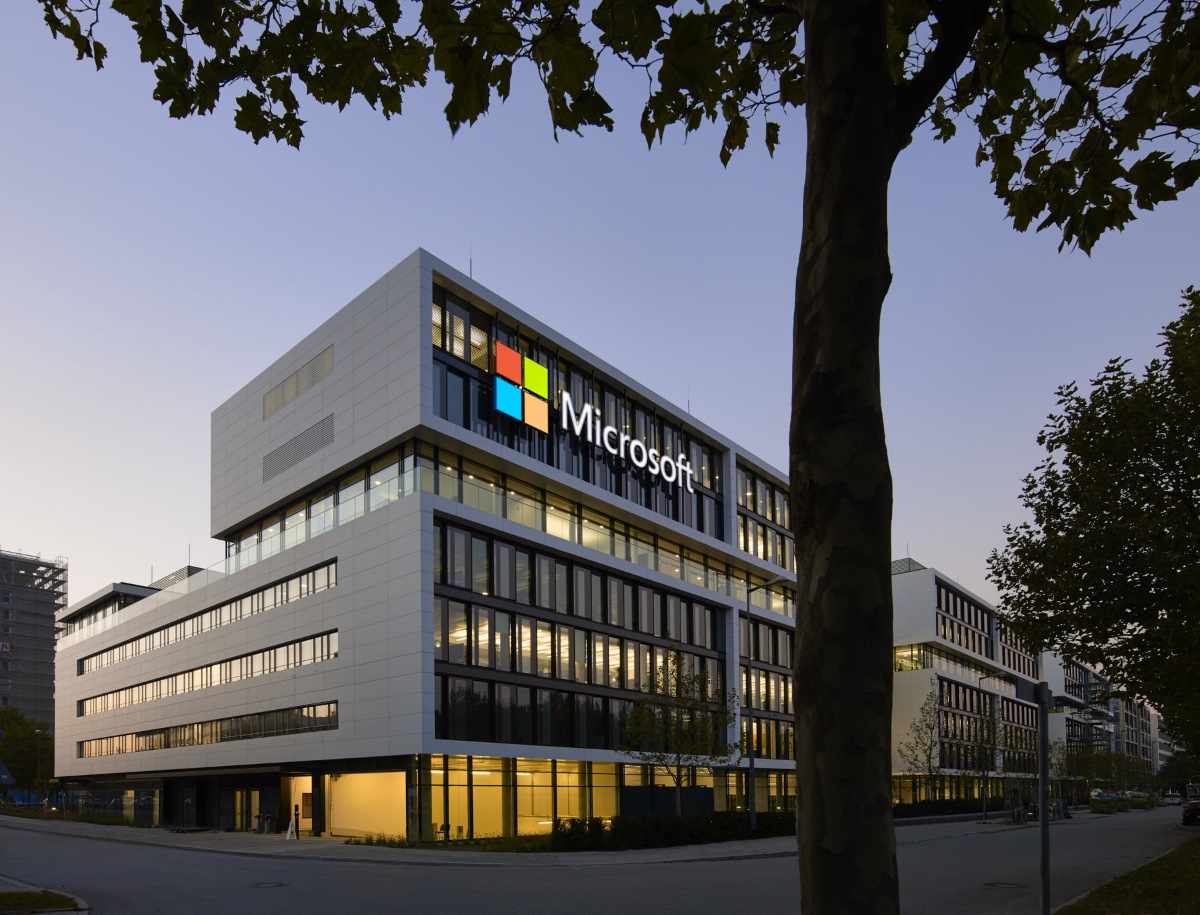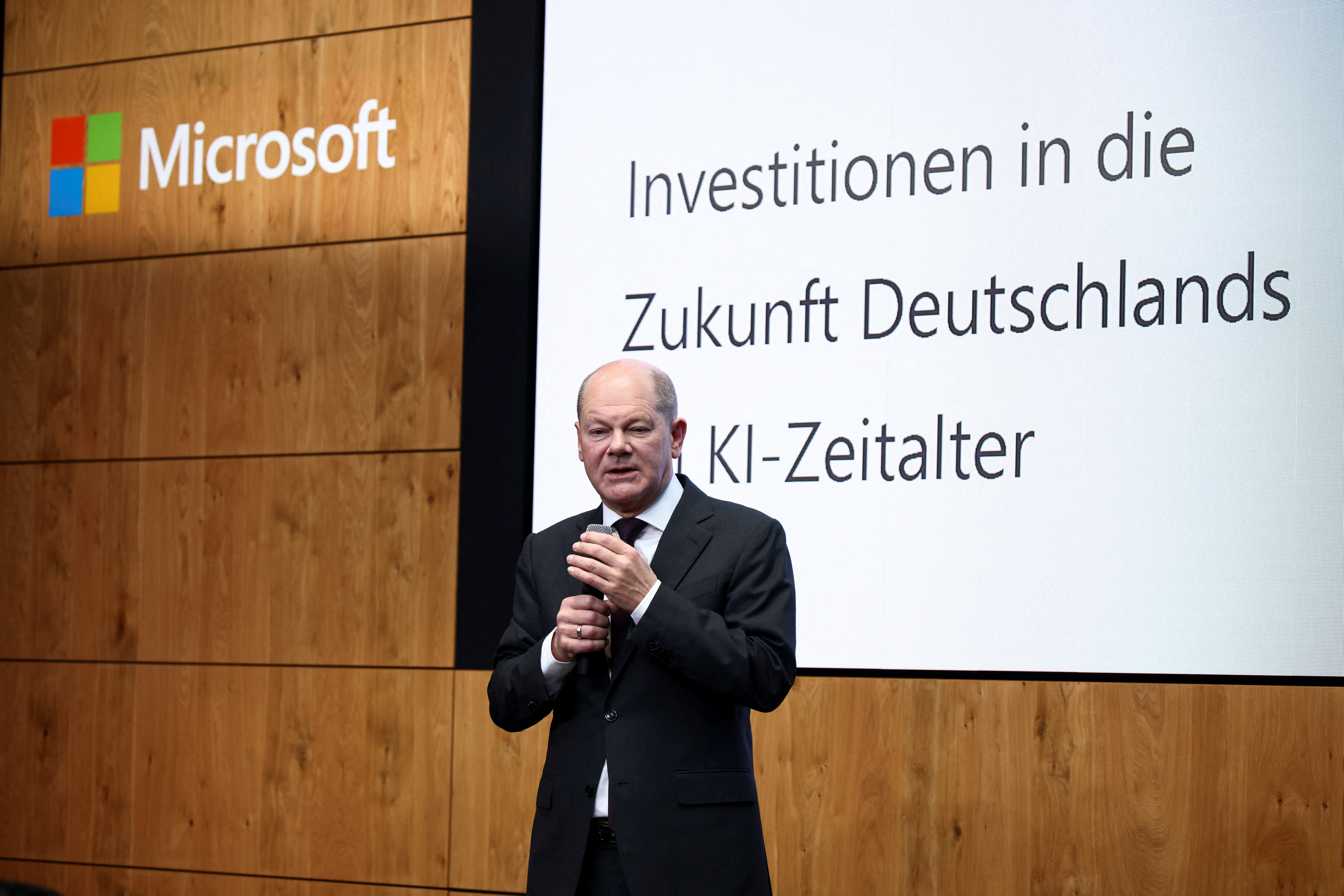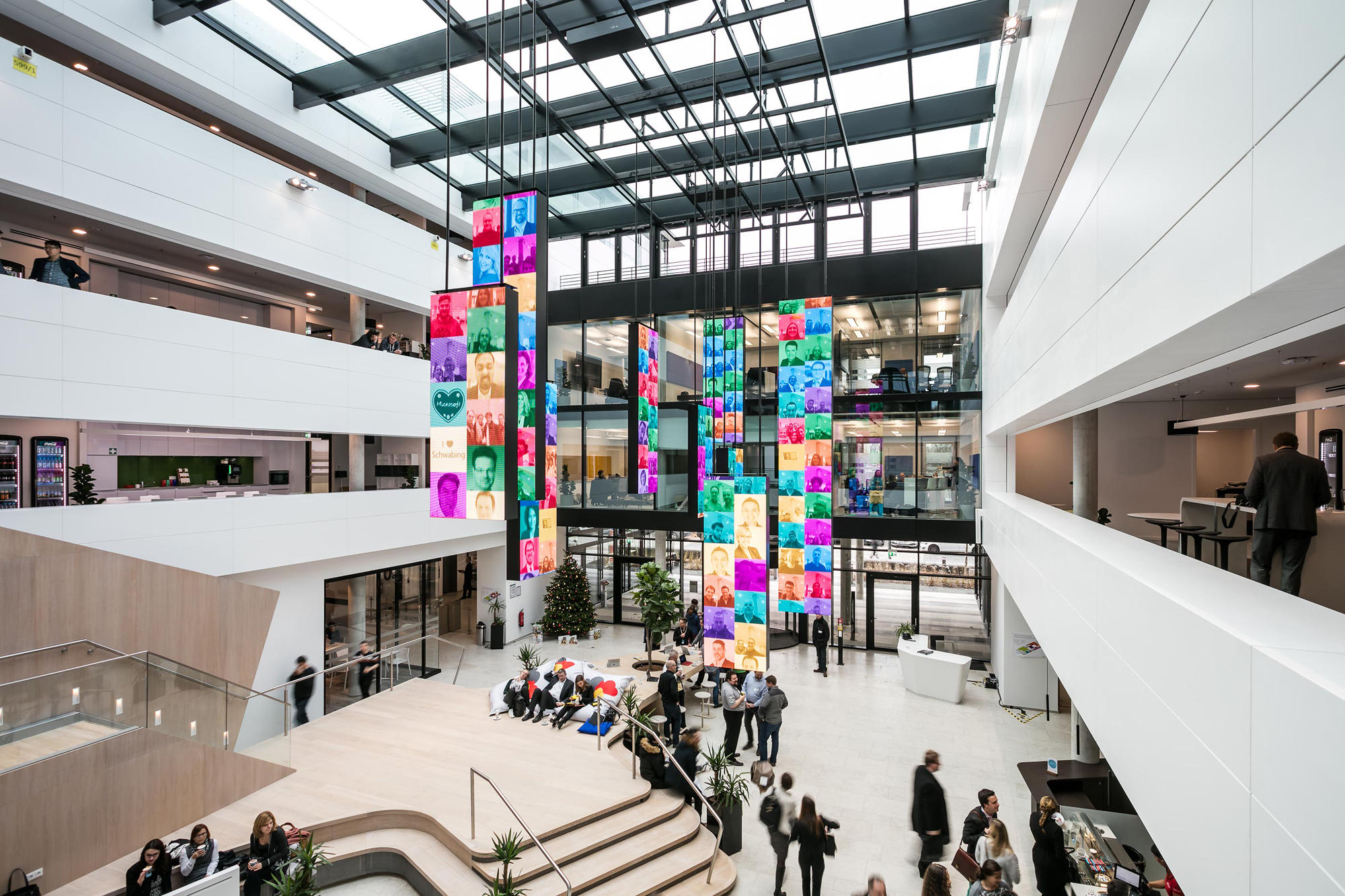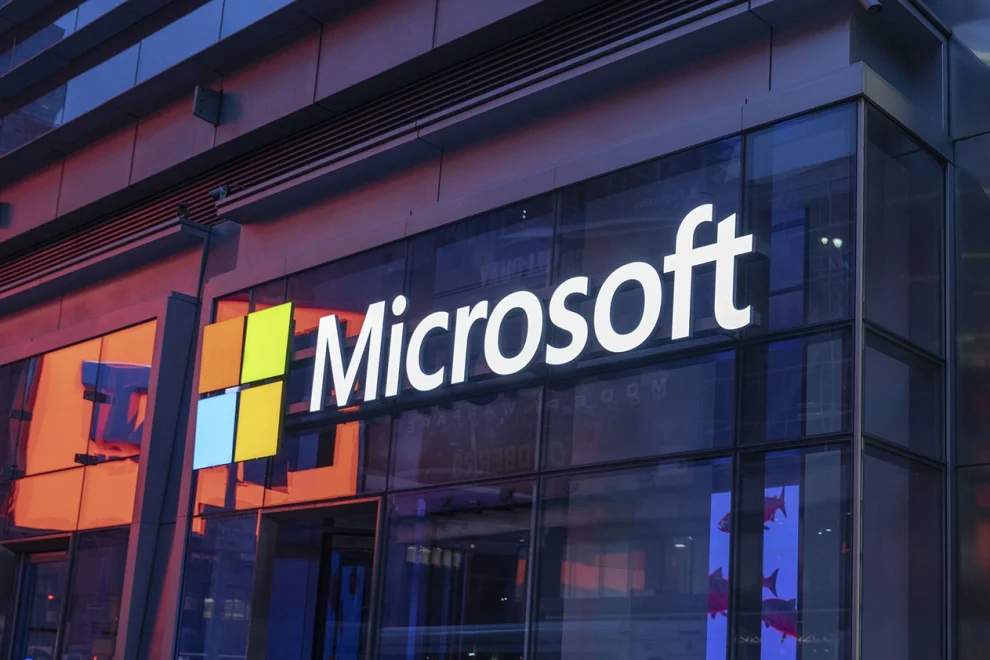Germany’s Federal Cartel Office places Microsoft under “extended abuse control” for 5 years, citing the tech giant’s omnipresence in business and consumer tech landscapes.
On a crisp Monday morning in Bonn, Germany, the Federal Cartel Office sent shockwaves through the tech industry by announcing a bold move to place Microsoft under closer scrutiny. The watchdog’s decision to implement a five-year “extended abuse control” measure on the tech behemoth marks a significant moment in the ongoing debate about Big Tech’s growing influence and market power.
Microsoft’s Expanding Ecosystem Raises Antitrust Concerns
As the autumn leaves fall along the Rhine, the atmosphere at the Federal Cartel Office’s headquarters is charged with determination. Andreas Mundt, the cartel office president, stands at the podium, his voice echoing through the press room as he outlines the reasoning behind this unprecedented move.
“Today, Microsoft’s ecosystem is stronger and more closely interconnected than ever before,” Mundt declares, his words carrying the weight of years of market observation. “Overarching all of its activities is the increasing use of the cloud and AI, key technologies in which Microsoft has consolidated its strong position by developing its own products and entering into cooperations.”

The watchdog’s decision comes as no surprise to many industry observers. Microsoft’s products have become, in Mundt’s words, “omnipresent” and “indispensable” among businesses, consumers, and organizations alike. From the ubiquitous Windows operating system to its strategic partnership with OpenAI and its dominant presence in the gaming world with Xbox, Microsoft’s reach seems to know no bounds.
As we step out of the press conference and into the bustling streets of Bonn, the implications of this decision are already being hotly debated by tech analysts and legal experts gathered outside.
Dr. Elena Schmidt, a prominent antitrust lawyer based in Berlin, offers her perspective: “This move by the Federal Cartel Office is unprecedented in its scope. It’s a clear signal that regulators are increasingly concerned about the concentration of power in the hands of a few tech giants.”
Indeed, Mundt had warned earlier this year about the potential of advanced artificial intelligence (AI) tools to serve as a “first-class fire accelerator” for anticompetitive behavior among Big Tech companies. The fear is that AI could exacerbate existing market dominance issues, making it increasingly difficult for consumers to choose alternative services.
“AI will make all the problems only worse,” Mundt had cautioned, his words now ringing prophetic in light of today’s announcement.

Microsoft’s Response and Cooperation Pledge
As news of the watchdog’s decision spreads, Microsoft is quick to respond. In a statement provided to THECHIPBLOG, a Microsoft spokesperson strikes a conciliatory tone:
“We recognize our responsibility to support a healthy competitive environment and we will strive to be proactive, collaborative and responsible in working with the Bundeskartellamt. Microsoft is partnering with Germany’s most innovative companies, and we’re committed to investing in the growth of its digital economy.”
This pledge of cooperation, while welcomed by some, is met with skepticism by others. Hans Mueller, a small business owner in Frankfurt, expresses his concerns: “It’s all well and good for Microsoft to say they’ll cooperate, but how does that help businesses like mine that are already deeply dependent on their ecosystem? We need real change, not just promises.”
As the day progresses, discussions among tech insiders turn to a related issue that further highlights Microsoft’s growing influence: the company’s recent decision to restart the dormant Three Mile Island nuclear power plant in Pennsylvania to meet its burgeoning AI energy demands.
Labhesh Patel, CEO and co-founder of Autonomys, a company developing decentralized AI infrastructure, puts the move into perspective: “This decision highlights the massive energy needs that come with scaling AI advancements. As AI systems become more integral to the economy and technological progress, their energy demands are rising exponentially.”
The revival of Three Mile Island is seen by many as a harbinger of things to come. Benjamin Lee, an engineering professor at the University of Pennsylvania, suggests that tech companies are embracing nuclear power as renewable energy struggles to keep pace with rising data center demands.

There is an increasing realization,” Lee explains during a phone interview, “that renewable energy installations cannot keep pace with data center construction, raising questions about whether net zero is possible.
As the sun sets over Bonn, casting long shadows across the Federal Cartel Office building, the global implications of today’s announcement are becoming clearer. Regulators worldwide will be watching closely to see how this “extended abuse control” measure plays out and whether it could serve as a model for reining in Big Tech’s influence in other jurisdictions.
Mark Johnson, a tech policy analyst from London, offers his thoughts as we wrap up our day of reporting: “This move by Germany could be the first domino to fall. We might see similar actions from regulators in the EU, the US, and beyond. The question is, will it be enough to ensure a level playing field in the tech sector?”
As night falls and the lights of Bonn flicker to life, the tech world finds itself at a crossroads. Microsoft’s omnipresence, while driving innovation and progress, has raised serious questions about market competition and the concentration of power in the digital age.
The Federal Cartel Office’s decision marks a significant step in addressing these concerns, but it’s clear that this is just the beginning of a long and complex journey. As we leave Bonn, the words of Andreas Mundt echo in our minds, a reminder of the challenges and opportunities that lie ahead in the ever-evolving landscape of Big Tech regulation.
















Add Comment